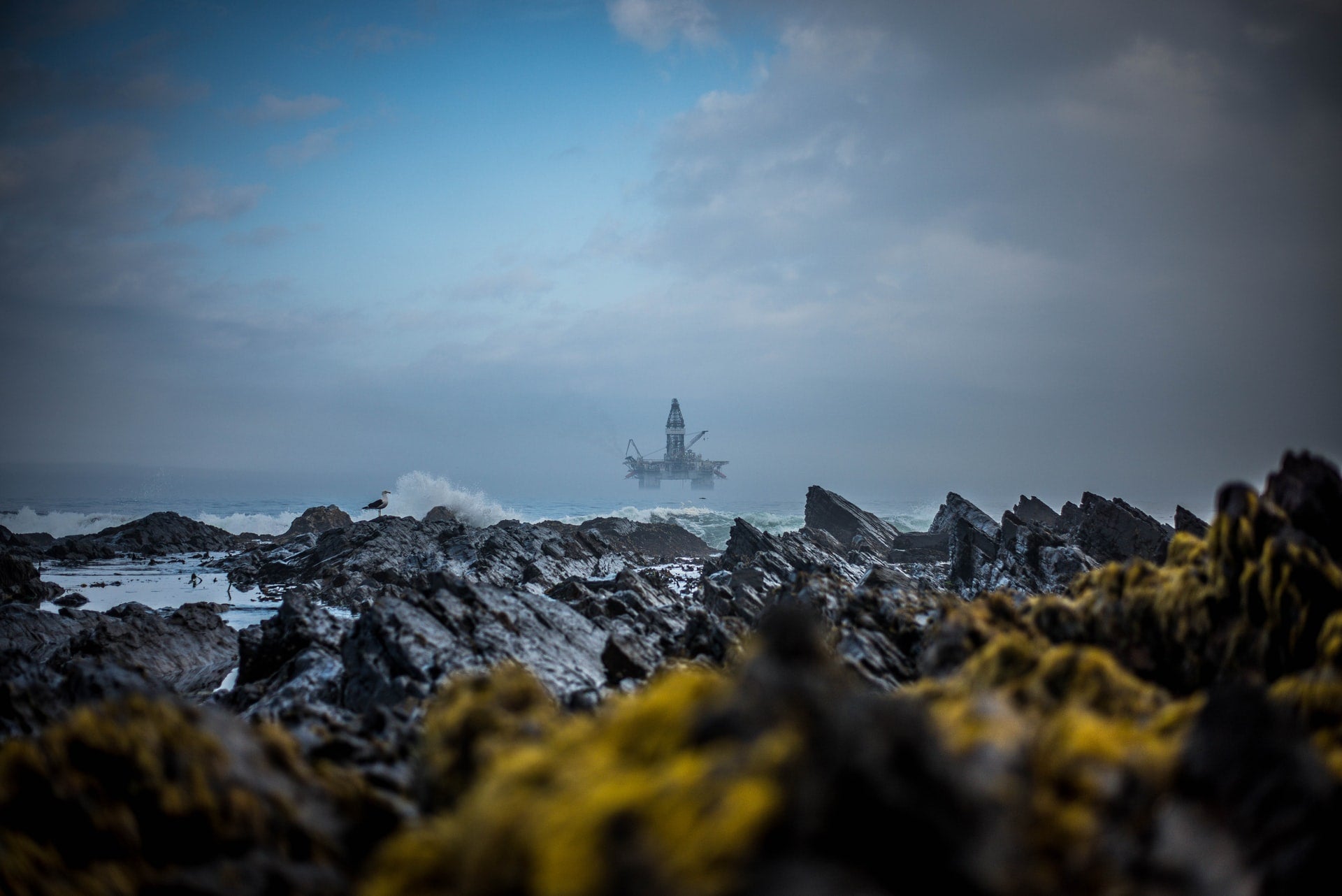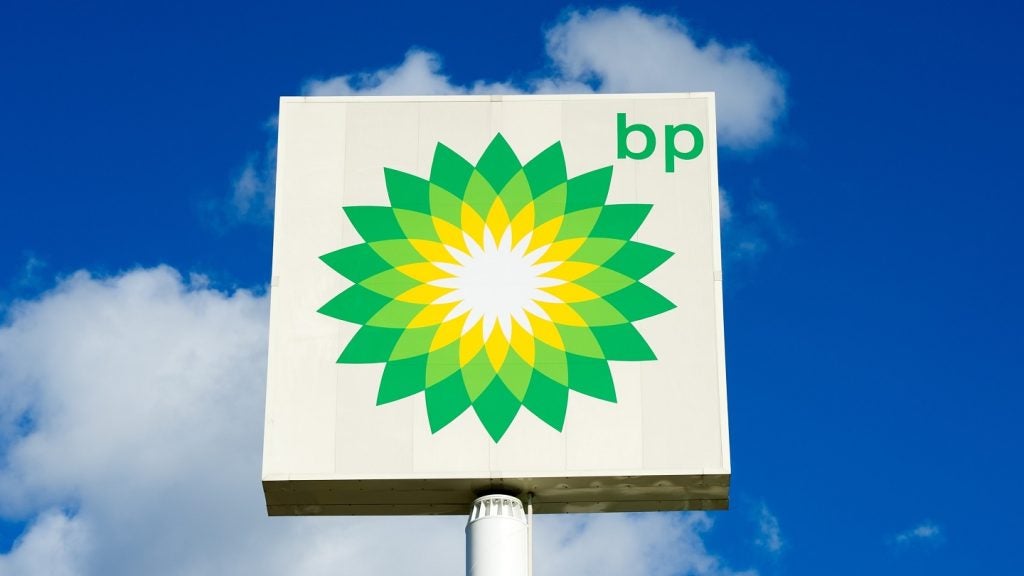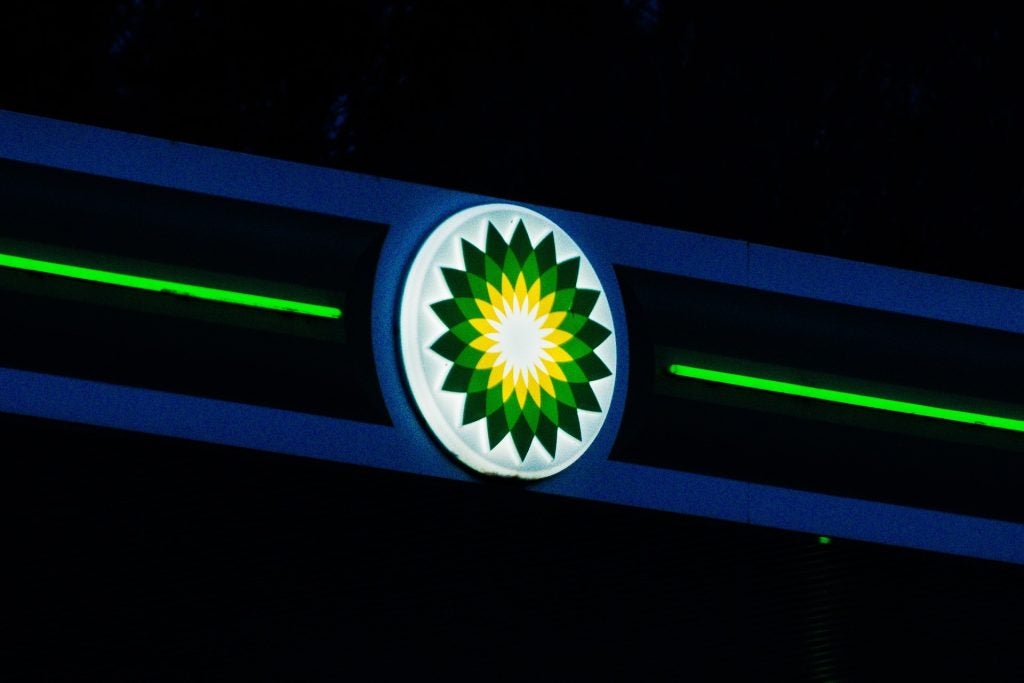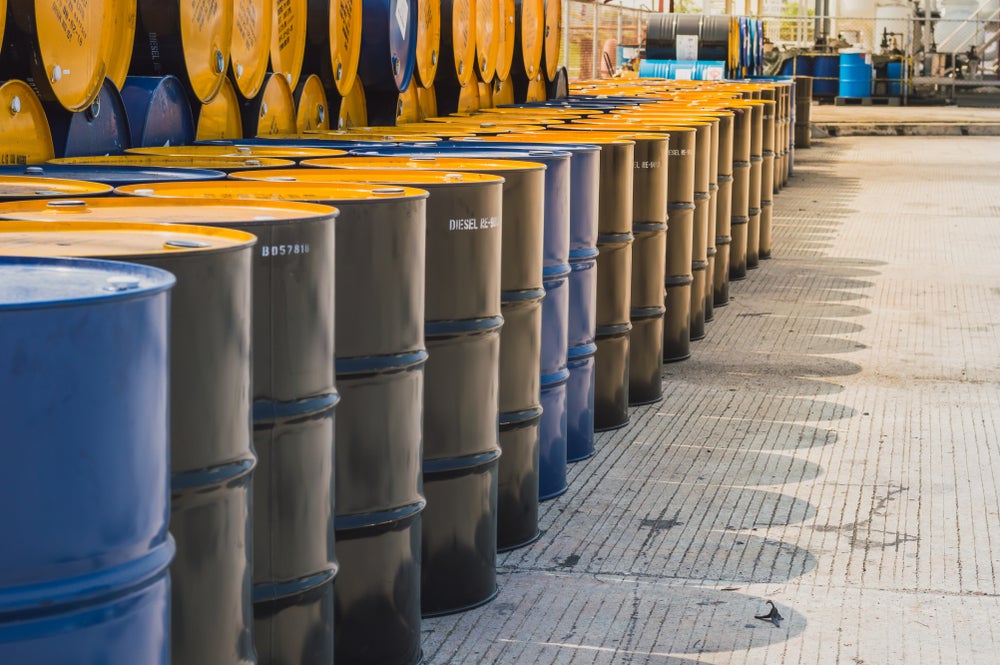
Greenpeace has lost its court case after challenging a UK Government decision to grant the permit to BP for the drilling on the Vorlich field in the North Sea. Judges in Scotland’s highest court ruled that the government’s decision to grant a permit was lawful.
The environmental group had said that the emissions from the ultimate consumption of the oil, rather than just the smaller amount of emissions from the extraction process, should be the criterion for granting a licence.
The group also said that there had been errors in the consultation process preceding the grant of the permit; however, Judge Colin Sutherland of Scotland’s Court of Session said that Greenpeace had the opportunity to engage in the process before the permit was granted.
The judge said: “The question is whether the consumption of oil and gas by the end user, once the oil and gas have been extracted from the wells, transported, refined, and sold to consumers, and then used by them are ‘direct or indirect significant effects of the relevant project’. The answer is that it is not.
“It would not be practicable, in an assessment of the environmental effects of a project for the extraction of fossil fuels, for the decision maker to conduct a wide-ranging examination into the effects, local or global, of the use of that fuel by the final consumer.”
The regulators approved the 20,000 barrels per day Vorlich field, off the coast of Aberdeen, Scotland in 2018 and it started producing in late 2020.
How well do you really know your competitors?
Access the most comprehensive Company Profiles on the market, powered by GlobalData. Save hours of research. Gain competitive edge.

Thank you!
Your download email will arrive shortly
Not ready to buy yet? Download a free sample
We are confident about the unique quality of our Company Profiles. However, we want you to make the most beneficial decision for your business, so we offer a free sample that you can download by submitting the below form
By GlobalDataFollowing the ruling on Thursday, Greenpeace said that it would seek to launch an appeal before the Supreme Court.
John Sauven, the group’s UK executive director, said: “The government is celebrating a win for the fossil fuel industry after its lawyers argued in court that emissions from burning oil extracted by BP are ‘not relevant’ when granting an oil permit. And now the Prime Minister is poised to sign off even more oil if he approves a new oil field at Cambo – against official guidance from climate experts.
“In just a few weeks’ time, Boris Johnson will be opening global climate talks where his actions, not his words, will be what counts. Right now, his actions are covered in oil. We will not give up the fight for the climate. Our intention is to appeal this ruling before the Supreme Court.”
Referencing recent political developments around the gas price crisis, Sutherland, the Lord President of the Court of Session, added: “Although the appellants’ aspiration is for such extraction to cease, it does not appear to be contended that the UK economy is not still reliant in a number of different ways on the consumption of oil and gas. At present, a shortage of oil and gas supplies is a matter of public concern.
“The argument is, in any event, an academic one. It is not maintained that the exploitation of the Vorlich field would increase, or even maintain, the current level of consumption. Unless it did so, it is difficult to argue that it would have any material effect on climate change; even if it is possible to arrive at a figure for its contribution by arithmetical calculation relative to the production of oil and gas overall.
“The secretary of state’s submission that these are matters for decision at a relatively high level of government, rather than either by the court or in relation to one oilfield project, is correct. The issue is essentially a political and not a legal one.”
In January 2019, the environmental group tried to stop BP from drilling on the Vorlich field by intercepting its chartered drilling rig, Paul B. Loyd, Jr., 83 miles off Scotland, forcing the rig to turn back. A number of Greenpeace activists were arrested as a result.







